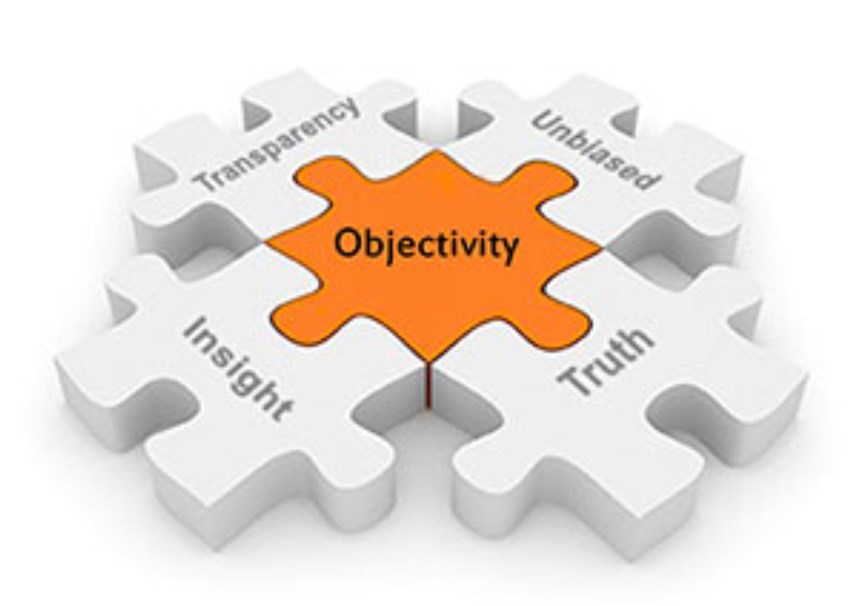16 Lessons Learned (Among Many!)
-People are complicated and flawed. Root for their better angels.
-The best way to get a busy person’s attention: Help them.
-Keep it simple and move fast when conceiving strategies and making decisions.
-Every weakness has a corresponding strength.
-The values that actually shape a culture have both upside and downside.
-Understand someone’s “alpha” tendencies and how that drives them.
-Self-deception watch: even those who say they don’t need or want flattery, sometimes still need it.
-Be clear on your specific level of engagement on a project.
-Sketch three possible outcomes for a project: the likely upside, likely ‘regular’, and likely downside scenarios.
-A key to making good partnerships great: Identify and emphasize any misaligned incentives.
-Reason is the steering wheel. Emotion is the gas pedal.
-Trade up on trust even if it means you trade down on competency.
-Tell the truth. Don’t reflexively kiss ass to powerful people.
-Respect the shadow power.
-Make people genuine partners and they’ll work harder.
-Final: The people around you change you in myriad unconscious ways

 Trading is a very interesting field, and also a highly challenging one. Being faced with changing prices, other traders’ actions, and your expectation and hope of making the right decision, is certainly not an ideal situation to make objective choices. Many a time traders feel the stress and tension of it all to be too heavy on their minds, and as a result, their judgement is clouded. They either act too rashly, or are way too slow and cautious.
Trading is a very interesting field, and also a highly challenging one. Being faced with changing prices, other traders’ actions, and your expectation and hope of making the right decision, is certainly not an ideal situation to make objective choices. Many a time traders feel the stress and tension of it all to be too heavy on their minds, and as a result, their judgement is clouded. They either act too rashly, or are way too slow and cautious.